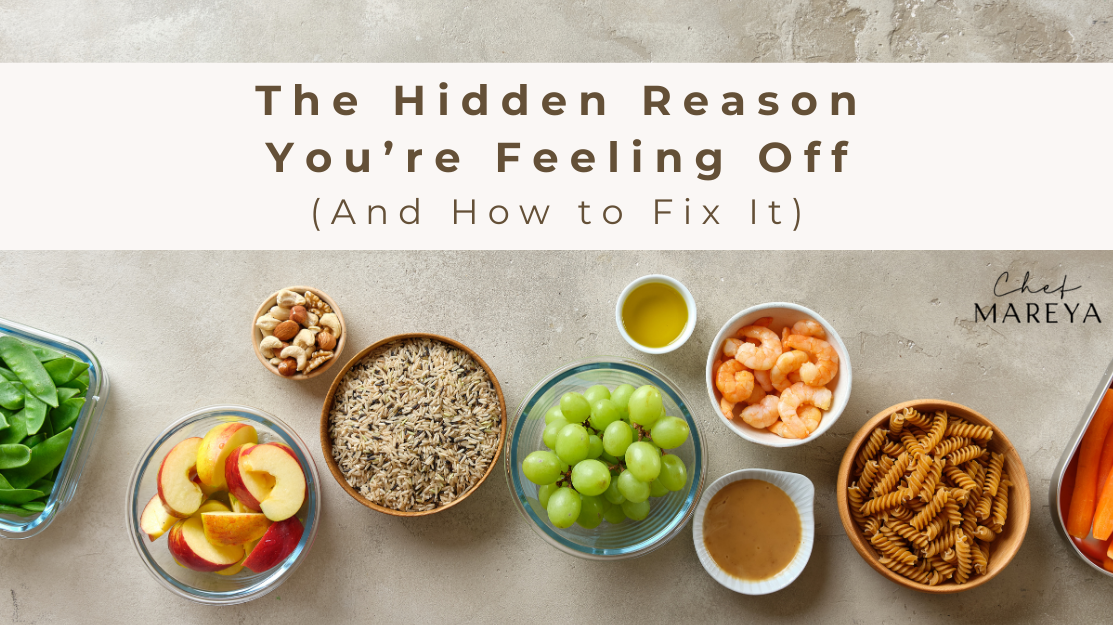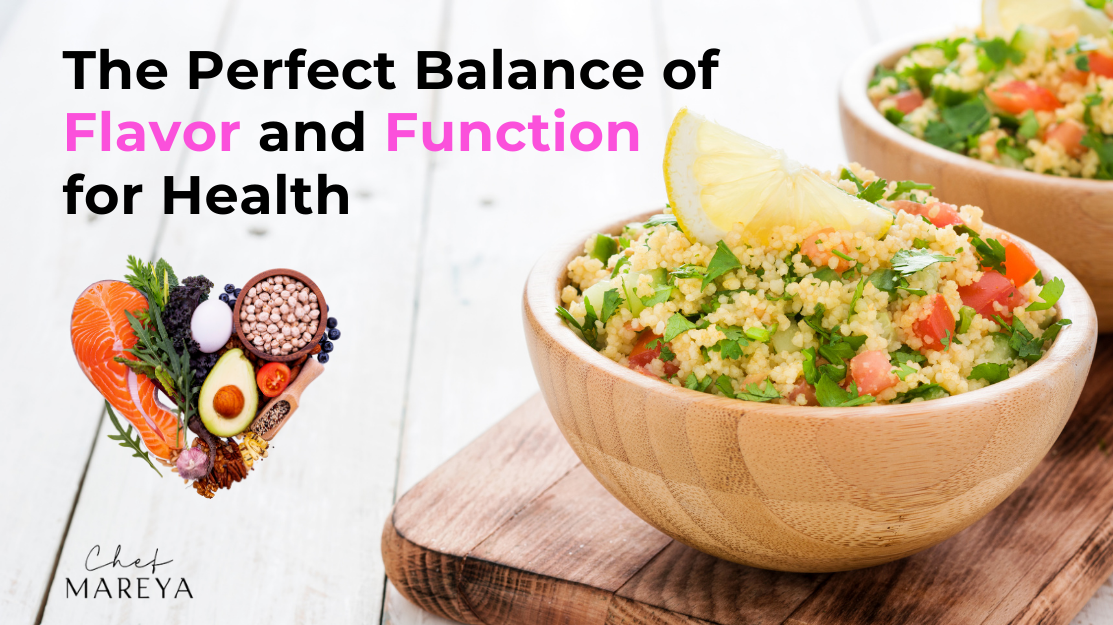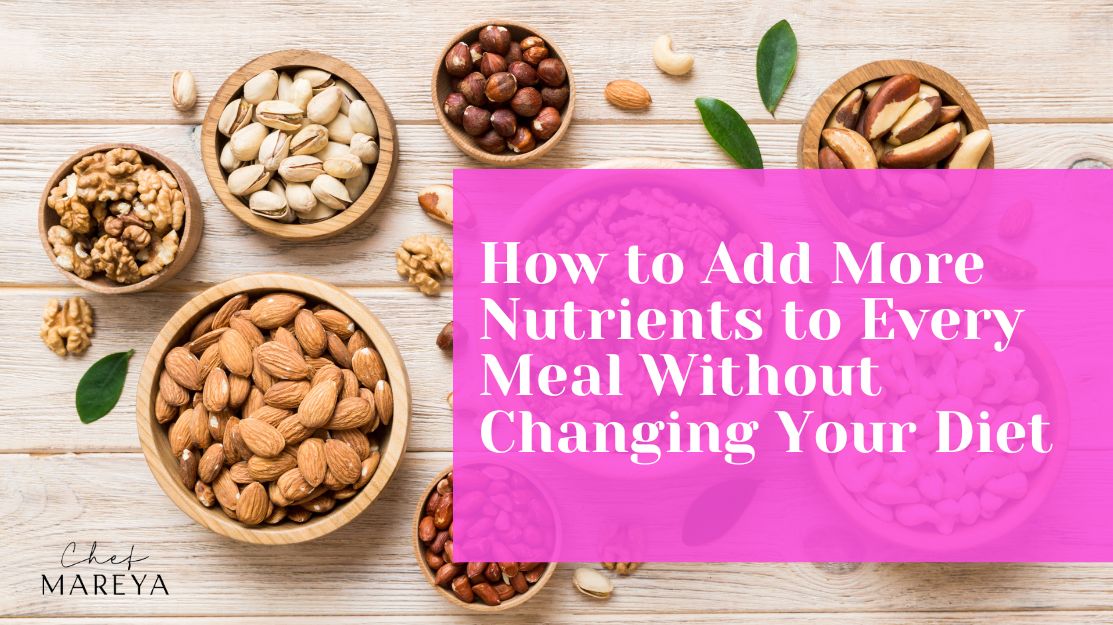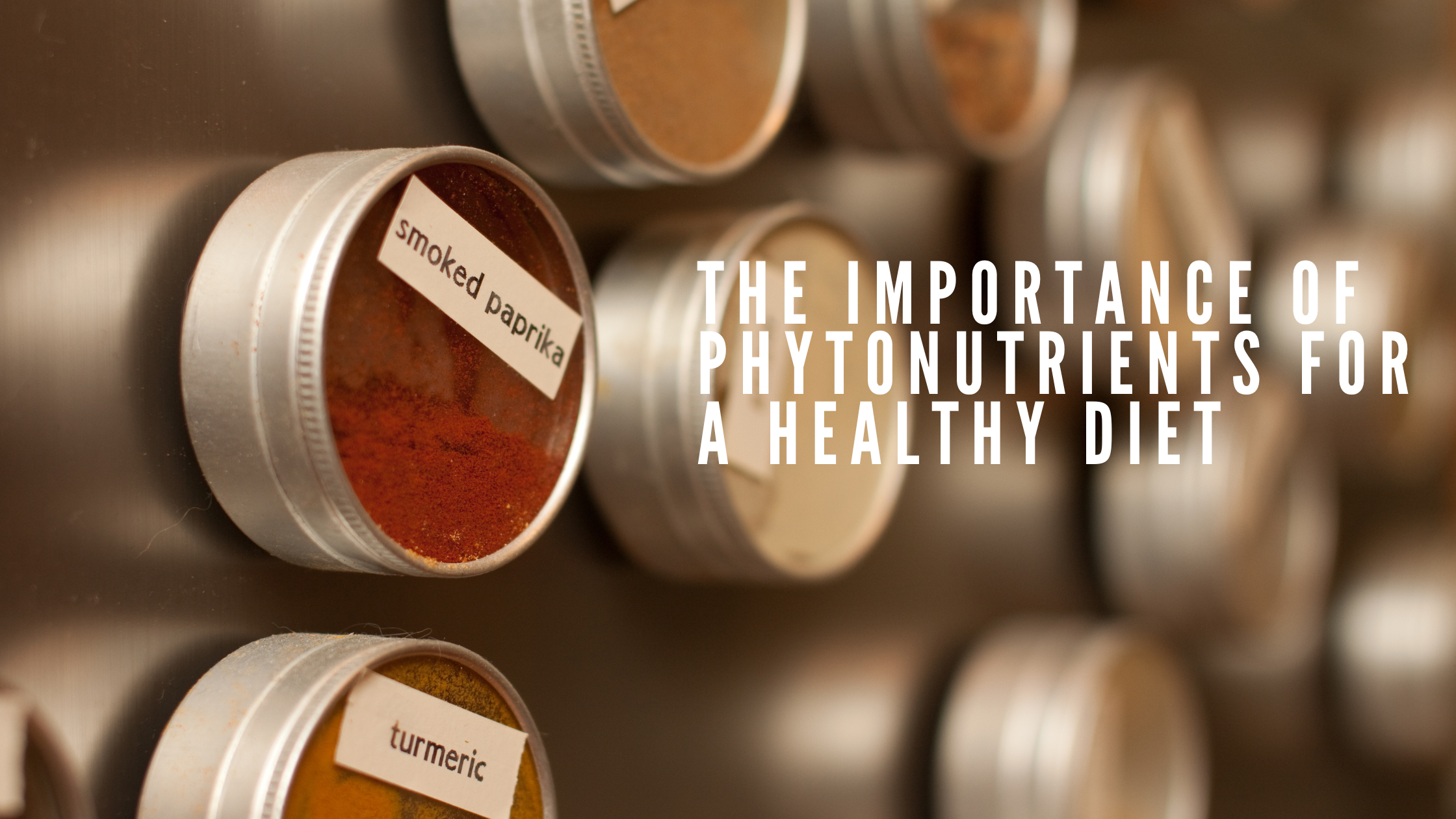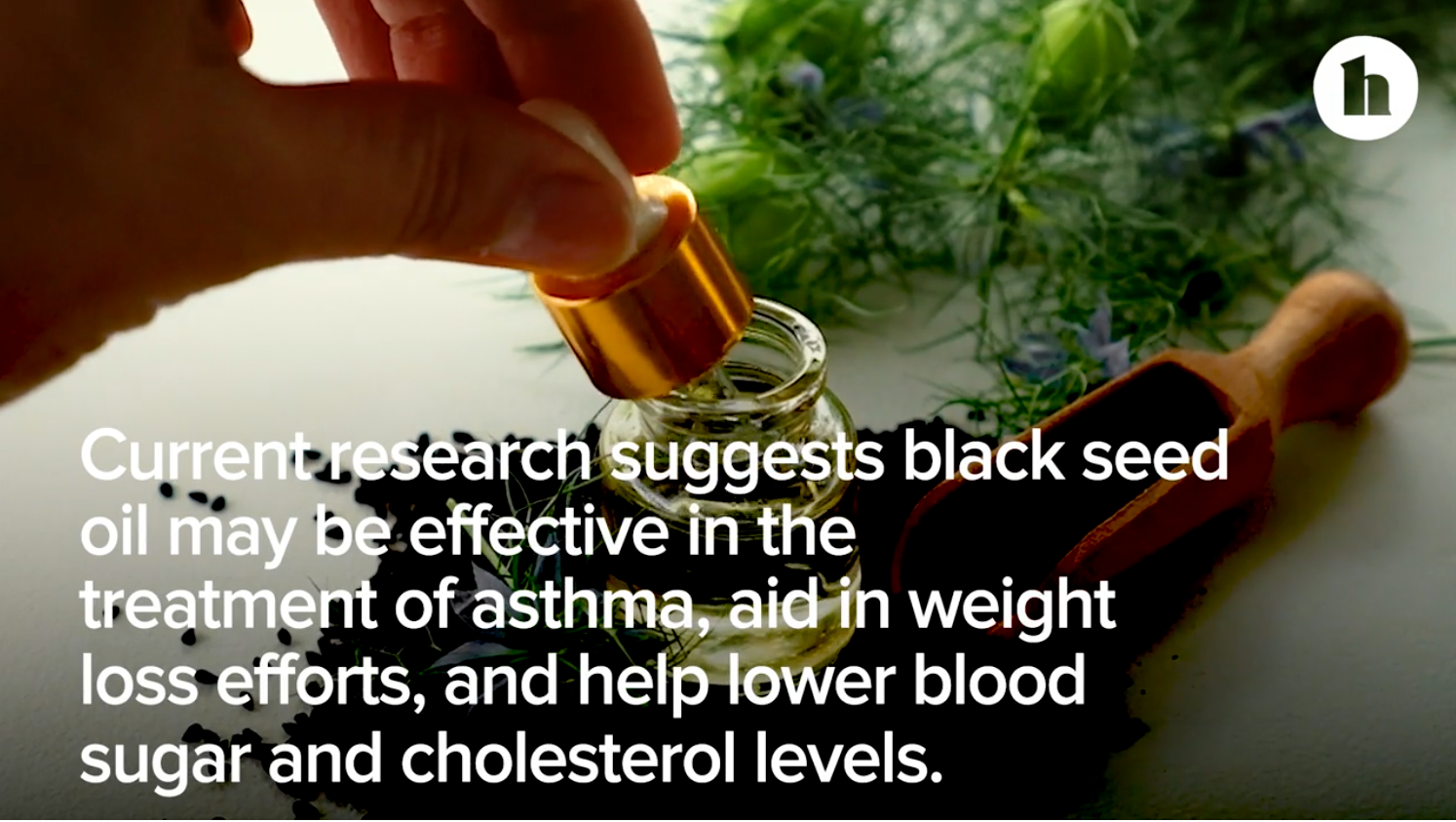
The Hidden Dangers of Inflammation: How to Protect Your Body from Disease
Posted by Mareya Ibrahim on
Chronic inflammatory diseases affect a significant portion of the population. Research indicates that around 60% of adults in the United States suffer from some form of chronic inflammatory condition, such as arthritis, asthma, inflammatory bowel disease (IBD), cardiovascular disease, and diabetes.
Inflammation is a natural defense mechanism that the body uses to protect itself from infection, injury, and harmful stimuli. However, when inflammation becomes chronic, it can lead to a host of health problems. Chronic inflammation has been linked to a wide range of diseases – including hypertension, diabetes, lupus, COPD, Alzheimer’s, depression and cancer. Understanding what causes inflammation, why it’s harmful in excess, and what you can do to manage it is key to improving your overall health for longevity and a high quality of life.
What are the Primary Causes of Inflammation in the Body?
-
Poor Diet
Diets high in processed foods, sugars, refined carbohydrates, and unhealthy fats can contribute to inflammation. Trans fats, found in fried foods and baked goods, and excess omega-6 fatty acids from vegetable oils are known to trigger inflammatory pathways in the body. Additionally, too much sugar spikes insulin levels, which leads to increased production of inflammatory cytokines. -
Chronic Stress
Long-term stress causes the body to release cortisol, a hormone that, in excessive amounts, can lead to inflammation. Over time, chronic stress disrupts the body’s ability to regulate inflammatory responses, leaving the body in a constant state of low-grade inflammation. -
Environmental Toxins
Exposure to pollutants, chemicals, and toxins in the environment can trigger inflammation. This includes air pollution, heavy metals, and chemicals found in plastics and cleaning products. These substances disrupt normal cell function and can provoke an inflammatory response. -
Lack of Physical Activity
A sedentary lifestyle is a major contributor to inflammation. Regular exercise helps regulate the immune system and reduces inflammation, whereas inactivity can lead to fat accumulation, particularly visceral fat, which secretes inflammatory compounds. -
Gut Imbalance
Your gut microbiome plays a crucial role in maintaining a balanced immune system. An imbalance of gut bacteria, often due to poor diet, antibiotics, or stress, can lead to "leaky gut syndrome," where harmful substances leak into the bloodstream, causing inflammation.
Why Is Chronic Inflammation Bad?
While short-term inflammation is necessary for healing, chronic inflammation can lead to a variety of health issues:
- Heart Disease: Chronic inflammation is closely linked to cardiovascular diseases. It can cause damage to the inner lining of the arteries, leading to the buildup of plaque, which increases the risk of heart attacks and strokes.
- Diabetes: Inflammation plays a major role in insulin resistance, a precursor to type 2 diabetes. This happens when inflammatory molecules disrupt the way insulin functions in the body, leading to elevated blood sugar levels.
- Autoimmune Disorders: Chronic inflammation can lead the immune system to attack healthy cells, resulting in autoimmune conditions like rheumatoid arthritis, lupus, and multiple sclerosis.
- Cancer: Inflammation can contribute to the development and progression of cancer by damaging cells and creating an environment conducive to tumor growth.
- Mental Health: Studies have shown that chronic inflammation is linked to depression, anxiety, and cognitive decline. Inflammation can affect neurotransmitter activity and brain function, contributing to mood disorders.
How to Combat Chronic Inflammation
Now that we understand the causes and risks of chronic inflammation, the question is: What can we do about it? Fortunately, there are several lifestyle changes and natural remedies that can help reduce inflammation and promote overall well-being - and most of them are in the kitchen.
- Adopt an Anti-Inflammatory Diet
- Eat More Whole Foods: Incorporate plenty of fruits, vegetables, whole grains, and healthy fats such as olive oil and avocados. These foods are rich in antioxidants and polyphenols that combat inflammation.
- Include Omega-3 Fatty Acids: Found in fatty fish like salmon, walnuts, and flaxseeds, omega-3s have powerful anti-inflammatory properties.
- Spices and Herbs: Ingredients like turmeric, ginger, garlic, and cinnamon have been shown to lower inflammation. Adding Superfood Sprinkle to your meals with ingredients like black cumin, turmeric, and mushroom powders can further enhance these benefits.

- Exercise Regularly
Physical activity helps reduce inflammatory markers in the body and improves immune function. Aim for at least 30 minutes of moderate exercise, such as walking, swimming, or yoga, on most days.
- Manage Stress
Chronic stress is a major contributor to inflammation, so adopting stress-relief practices like meditation, deep breathing, and yoga can significantly reduce inflammation. Prioritize sleep as well, as poor sleep can elevate inflammatory markers in the body.
- Limit Toxin Exposure
Reducing exposure to environmental toxins is another important step in controlling inflammation. Choose natural, chemical-free cleaning products, avoid plastic containers, and opt for organic produce whenever possible.
- Support Gut Health
A healthy gut is key to managing inflammation. Probiotic-rich foods like yogurt, kefir, and sauerkraut help maintain a balanced gut microbiome. Additionally, consuming fiber-rich foods like fruits, vegetables, and whole grains can support a healthy digestive system.
Conclusion
Inflammation is a double-edged sword: it's vital for protecting the body, but chronic inflammation can lead to serious health issues. By adopting an anti-inflammatory lifestyle—eating whole foods, exercising regularly, managing stress, and supporting gut health—you can significantly reduce inflammation and improve your long-term well-being.







